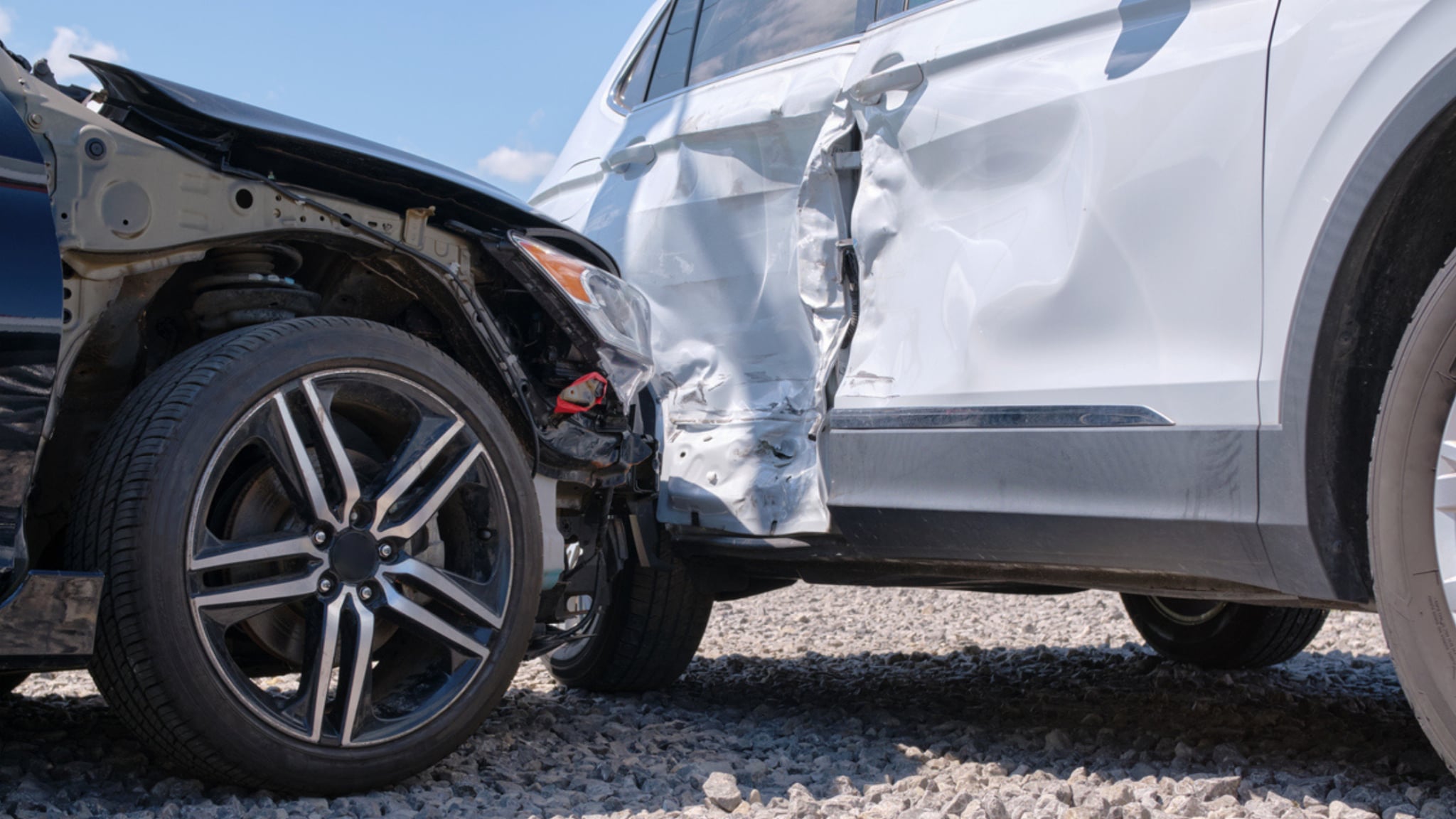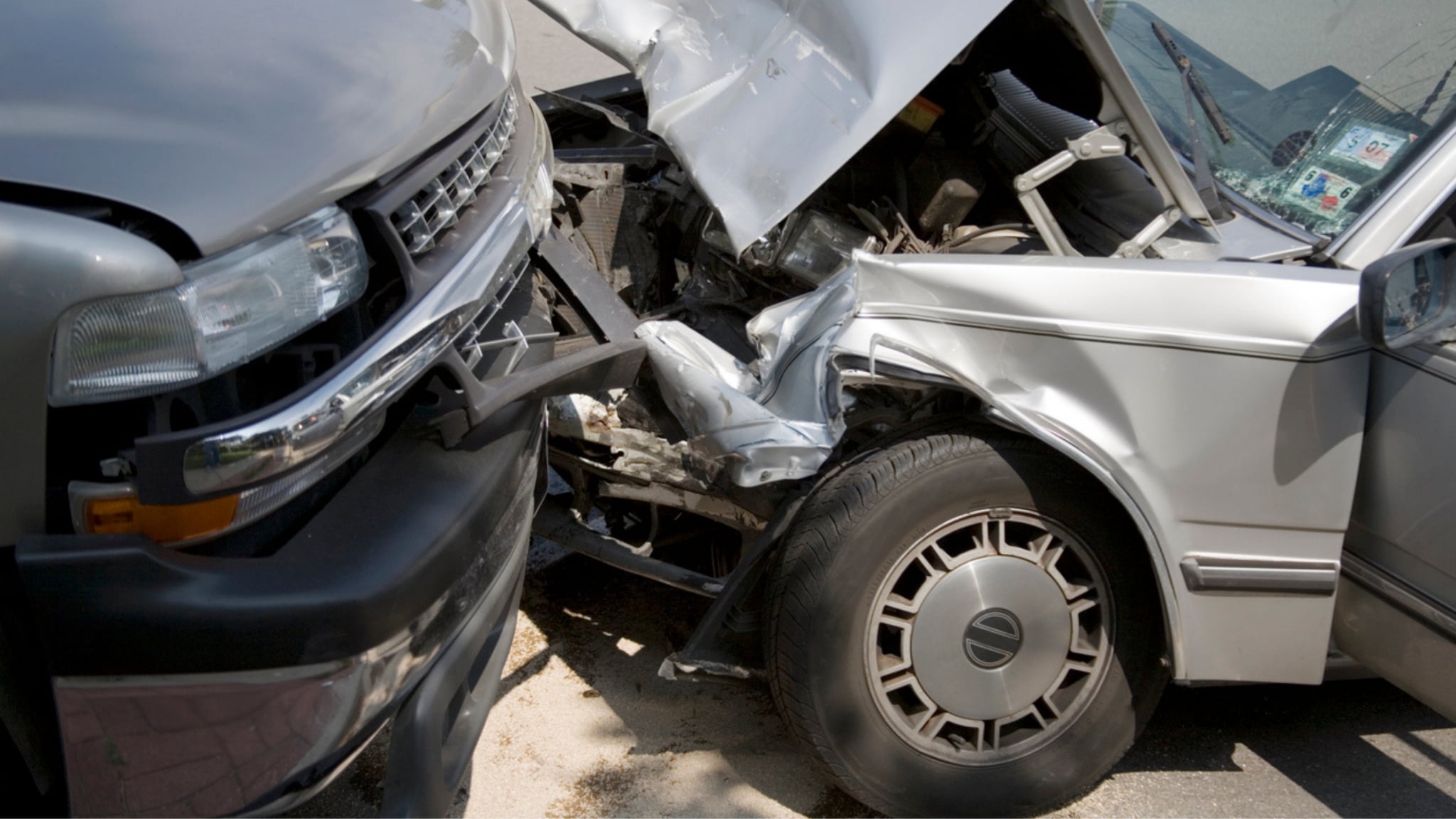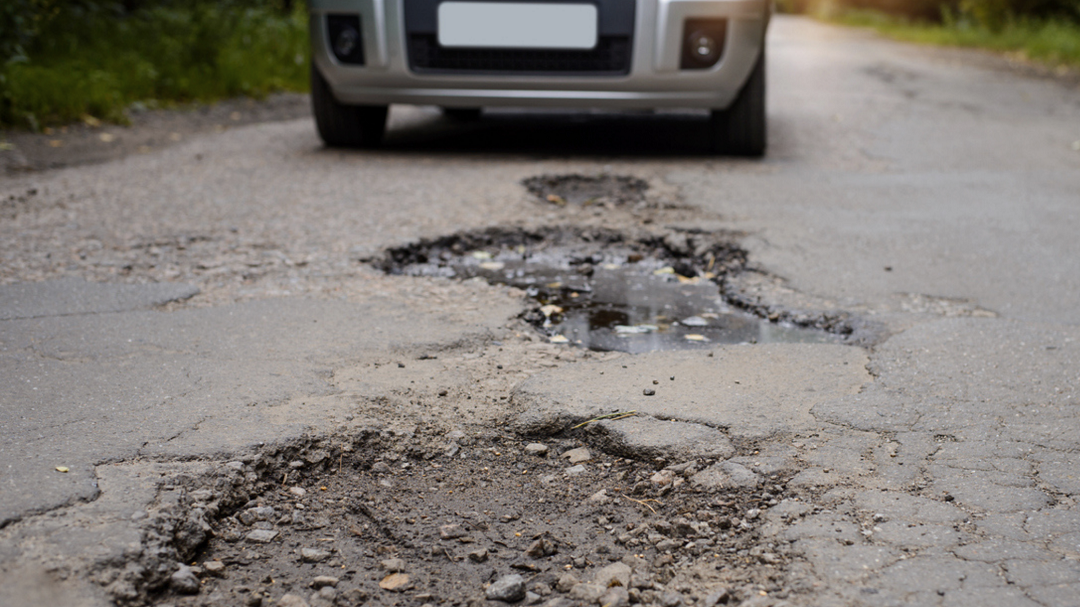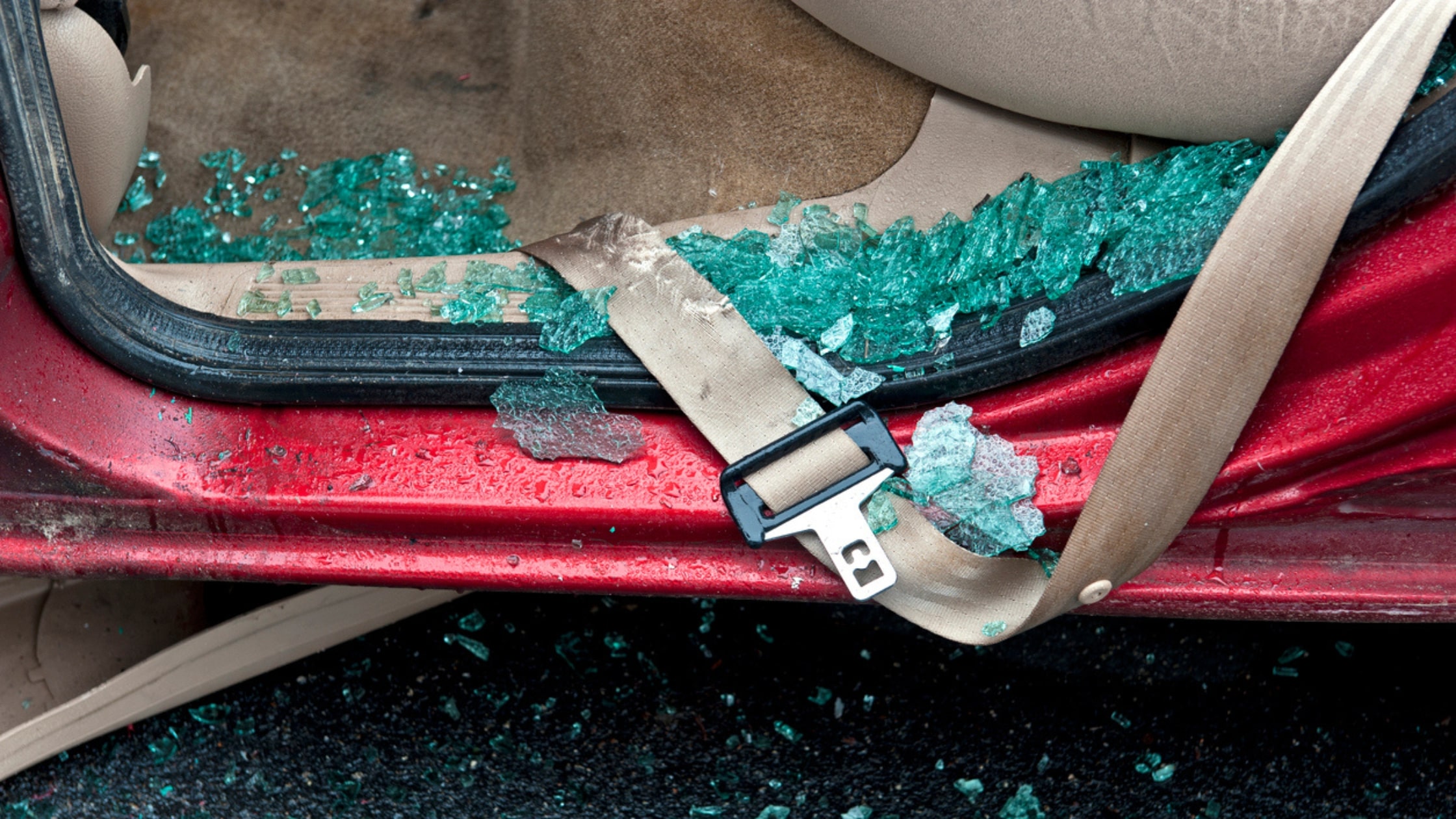Why You Should Never Apologize Following a Car Accident

If you’ve ever watched a TV crime drama, you’re no doubt familiar with the seven famous words that comprise the Miranda Rights, which must be spoken by law enforcement officers as a warning to every defendant at the moment of an arrest: “You have the right to remain silent.”
The legal basis for the Miranda Rights stems from a 1963 Arizona case in which 23-year-old Ernesto Miranda was arrested for a crime and then confessed his guilt under police interrogation. He subsequently recanted his confession, stating that he didn’t know he could have remained silent under his Constitutional right to do so, as protected by the 5th Amendment which states in part that no one “shall be compelled in any criminal case to be a witness against himself.” This right has long been considered critical to criminal defense, and people as important as the president of the United States have found its Constitutionally-guaranteed protection vitally important to their legal arguments when they’ve been put on trial for any number of serious crimes.
All of this leads us to this article’s highly valuable piece of legal advice: Never apologize after a car accident, even if you believe the crash might have been partially your fault.
Some wise words dating back to the World War II-era sum up our reason for recommending that you maintain a determined but polite “radio silence” following any car crash. They’re “loose lips sink ships.” Which really means you shouldn’t say too much after an accident because you really don’t have a full picture of all the factors that might have contributed to a crash – you have only your own limited perspective, which might not tell the entire story of what happened.
For instance, perhaps you were going slightly over the speed limit to get to work on time or to avoid being late for a doctor appointment. Your own nervousness after the incident might make you feel the need to confess to speeding or to be apologetic at the accident scene – which could lead you to saying something that witnesses, police officers, or even the other car’s driver or insurance company could later use against you in court proceedings. But consider this: Perhaps you didn’t know at the time that the other driver was also speeding… or intoxicated… or was sleep deprived… or was texting behind the wheel… or had engaged in any number of activities that actually resulted in most of the blame for the accident actually being their responsibility. In such a situation, your personal level of guilt probably pales by comparison!
Michigan’s so-called “I’m Sorry” law applies only to health care professionals
To clear up any possible confusion, there’s just one group of people who can safely say “I’m sorry” when they see that other people are hurting due to their actions. It’s Michigan’s dedicated doctors, dentists, nurses, and other medical professionals. A specific state law protects them from having their kind-hearted expressions of “sympathy, compassion, commiseration, or a general sense of benevolence relating to the pain, suffering, or death or an individual and that is made to that individual or to the individual’s family” from being used against them as evidence in a medical malpractice lawsuit. But let’s just say that the state’s kindhearted “Apology Law” for medical providers is truly the exception that proves the rule! (And in this particular case, we’re talking about the observance of something specifically known as the “51 percent rule!”)
Michigan’s “51 percent rule” also makes it crucial to hold your tongue after an accident
As we discussed in another recent article, the state of Michigan requires that something called the “51 percent rule” be observed when gauging blame for any car accident. Specifically, this legal precedent says that if a driver – even under no-fault insurance – is found to be 51 percent or more responsible for a crash, any injured parties may be entitled to be paid damages by that driver and/or his insurance company if they have experienced “serious impairment of body function” or “permanent serious disfigurement.” By offering an apology for an accident, you could be tacitly admitting that you feel some level of guilt or responsibility for what happened. So even if your actions comprised only a tiny fraction of the reasons the accident took place, you might be opening the door to being blamed. And because Michigan also recognizes “comparative negligence,” any level of responsibility assigned to you by a judge and jury would reduce your legal settlement as a plaintiff accordingly. In other words, if you were awarded a $1 million settlement in an accident case where you were injured, but the court finds you contributed 15 percent to the cause of the crash, you’d stand to lose a chunk of change totaling $150 thousand! We think you’ll agree that’s a high price to pay just for implying that you’ve admitted some small degree of guilt simply by saying you’re sorry!
And our advice doesn’t stop at the accident scene. The same holds true with your social media presence. Don’t ever discuss what caused your accident and never mention what caused the accident in either text messages or emails sent to friends and family members. You can be sure the opposing side’s legal team will be checking your internet accounts for any incriminating evidence that could harm your case, and nothing you post on the internet is ever truly invisible. The only communication that’s safe is what’s protected by attorney-client privilege, which you gain immediately once you’ve appointed us as your legal representatives.
Here’s one last point to keep in mind. These days, when everyone has a cell phone primed and ready to record video at the drop of a hat, your sincere apology offered in a weak moment at the accident scene could be captured and later used to imply that you were somehow responsible for the crash. Which leads us to this final warning:
Read our lips… and keep yours closed!
Okay, we all live in Michigan, and we all know that Michiganders are some of the nicest people around. It’s genuinely hard not to say we’re sorry for someone else’s misfortune, even when we have absolutely no blame for it at all. Which is why we believe that some of the best advice we can give to anyone involved in a car accident in Michigan is to remain silent and to be polite. It’s okay to answer questions when they’re posed by a law enforcement officer, but don’t ever take blame for the accident. Instead, carefully describe any injuries you’ve experienced, ask for necessary medical help on the scene, and then immediately call us at 855-MIKE-WINS (855-645-3946) to be sure your rights are protected by the dedicated legal team here at Michigan’s largest personal injury law firm. That way you won’t regret saying something you shouldn’t have… and you’ll safeguard yourself and your loved ones from being blamed for an accident for which you were not responsible.
Content checked by Mike Morse, personal injury attorney with Mike Morse Injury Law Firm. Mike Morse is the founder of Mike Morse Law Firm, the largest personal injury law firm in Michigan. Since being founded in 1995, Mike Morse Law Firm has grown to over 250 employees, served 100,000 clients, and collected more than $2 billion for victims of auto, truck and motorcycle accidents. The main office is in Southfield, MI but you can also find us in Detroit, Sterling Heights and many other locations.





















